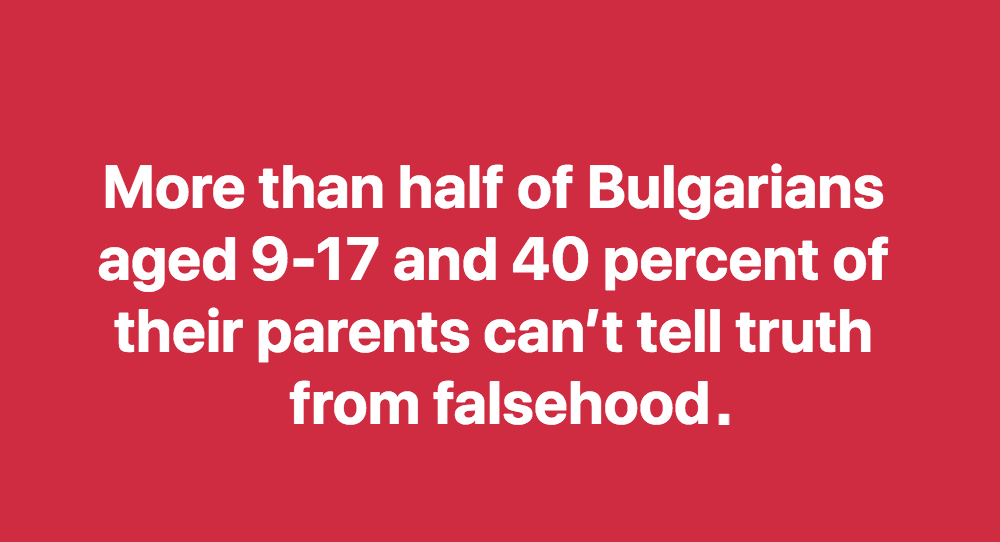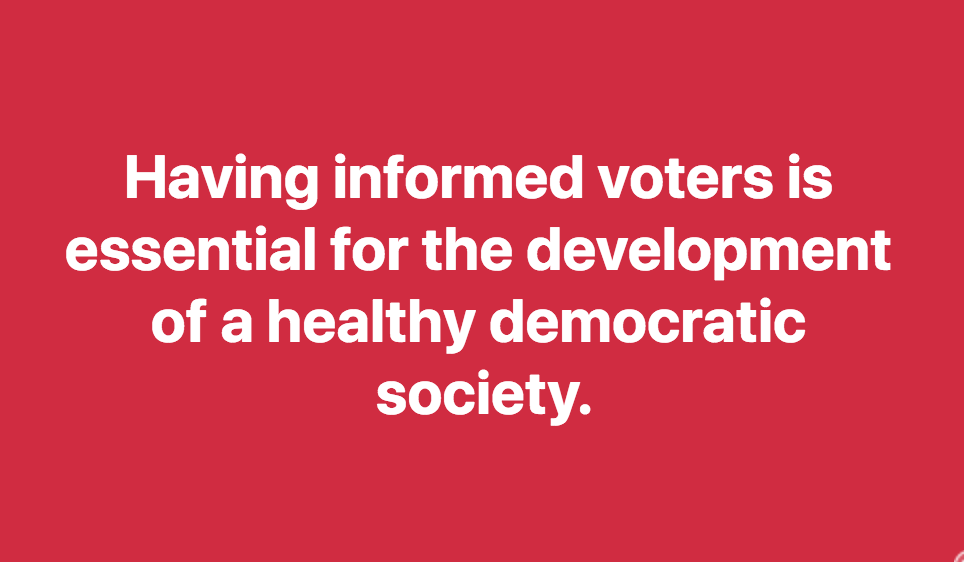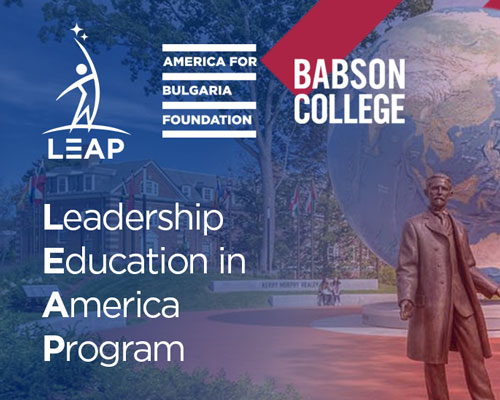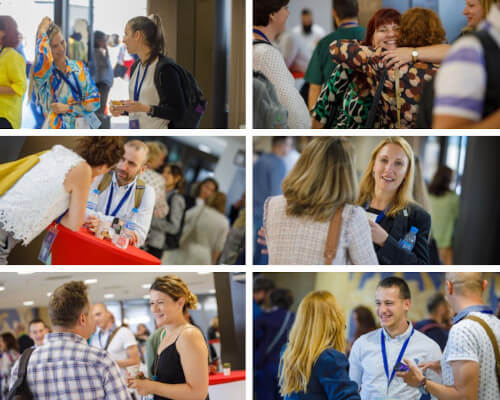 Twenty years ago, writing a report for your high school social studies class would have sent you to the local library, where a variety of content would have been available to you—content curated by authors, then editors, and finally librarians. Today, chances are your first recourse is Google’s search engine, and your information will likely come from the first few sites listed in the results. Google will turn up content that is relevant and popular but not necessarily trustworthy because, unlike publishers and librarians, Google is not a curator, and anyone can publish anything they want. So, youngsters today are left to navigate the ocean of information largely on their own.
Twenty years ago, writing a report for your high school social studies class would have sent you to the local library, where a variety of content would have been available to you—content curated by authors, then editors, and finally librarians. Today, chances are your first recourse is Google’s search engine, and your information will likely come from the first few sites listed in the results. Google will turn up content that is relevant and popular but not necessarily trustworthy because, unlike publishers and librarians, Google is not a curator, and anyone can publish anything they want. So, youngsters today are left to navigate the ocean of information largely on their own.
In Bulgaria as elsewhere in Europe and the United States, teenagers spend ever more time on the internet; online is where they find homework help and learn about the world. In a worrisome trend, they are increasingly incapable of differentiating between true and false information. More than half of Bulgarians aged 9-17 and 40 percent of their parents can’t tell truth from falsehood, according to a 2016 survey conducted by the Safe Internet Center, a non-government organization aiming to raise awareness of children’s safety online.
 Complicating matters in Bulgaria is the waning strength of another traditional curator of information—the media. Bulgarian media is rife with sensationalist stories and misleading information, a phenomenon that has made it difficult for many Bulgarians to decide whom and what to trust. As a result, it’s easier to circulate fake news, and many people revile journalists rather than respect them for their work.
Complicating matters in Bulgaria is the waning strength of another traditional curator of information—the media. Bulgarian media is rife with sensationalist stories and misleading information, a phenomenon that has made it difficult for many Bulgarians to decide whom and what to trust. As a result, it’s easier to circulate fake news, and many people revile journalists rather than respect them for their work.
A new program by the Association of European Journalists–Bulgaria, in cooperation with the Fulbright/America for Bulgaria Foundation Program for US English Teaching Assistants, will attempt to address Bulgarian teenagers’ diminishing media literacy. Set to pilot this academic year in up to 30 schools around Bulgaria, the program will help teens navigate online content by teaching them the necessary skills to critically assess, interpret, and analyze information. It also aims to stimulate their interest in the journalism profession.
“In the time of 24-hour news cycles and fake news, navigating media in the digital age can be challenging. [Yet] being informed is crucial to understand the world around you, make better career choices, and be competitive in a labor market that is quickly changing. Moreover, having informed voters is essential for the development of a healthy democratic society,” said Boryana Dzhambazova, a Sofia-based journalist and one of the program’s architects.
AEJ–Bulgaria and Fulbright will provide support for the development of school media and journalism clubs, which will not only help students interested in journalism improve their media literacy skills but also offer them a real-world experience of how a newsroom functions. Participation in these extracurricular activities will teach young people how to read online content critically, work with sources, and verify information. Moreover, students will practice writing and editing copy, discovering facts through research and interviews, working with audio and video, and publishing content online.
 The best of students’ work will be showcased on a website set up and curated by AEJ–Bulgaria. The journalists-to-be will receive editorial guidance and will be trained to work in the online media environment. The bilingual site (in Bulgarian and English) will be further promoted via social media, and students will be trained to be social media editors.
The best of students’ work will be showcased on a website set up and curated by AEJ–Bulgaria. The journalists-to-be will receive editorial guidance and will be trained to work in the online media environment. The bilingual site (in Bulgarian and English) will be further promoted via social media, and students will be trained to be social media editors.
During the school year, AEJ–Bulgaria will invite Bulgarian media professionals to visit classes as guest speakers. These visits would not only encourage students’ interest in journalism but also help them learn more about what it means to be a journalist, promote journalistic values, and explain the importance of having a free press.
“We believe that those talks will also help teenagers regain trust and respect in the profession,” Dzhambazova said.

